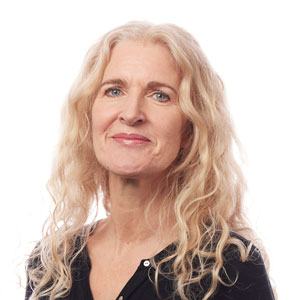‘Don’t think about a yellow teapot’
If you’re not thinking about a yellow teapot right now, then you’re one of a kind. Because the mind follows the ear. That’s why it’s so important we say to kids ‘stay on the pavement and hold my hand tight’ – instead of ‘don’t run out into the road’.
It’s the same with adults. Nobody really hears the ‘don’t’, so it’s pointless and counter-productive to say ‘don’t worry’, ‘don’t be nervous’ or ‘don’t be shy’.
As researchers, it’s our job to mind our language. We want participants to feel comfortable and confident, so we need to use language that is positive, encouraging and enabling. Language that makes people want to join in, speak up and speak (or write) their truth.
At Lucid we have a raft of language approaches that help us get more from people, such as:
- Using phrases borrowed from the world of hypnotherapy to help people feel at ease and confident in themselves and their ability to contribute
- Expressing ourselves through multiple representational systems (sometimes even in a single sentence) to better match how differently people process the world and ensure they can process what we’re asking in a way that feels natural to them
- Using ‘when’ instead of ‘if’, ‘and’ instead of ‘but’
- Using really open questions (or instructions) whenever possible, for as long as possible
- Asking ‘clean’ questions to minimise the effect of the moderator and help people unearth the metaphors that describe (and drive) their experience
These kinds of language techniques work both digitally and face to face, and mean we end up with more engaged participants and research that gets more from people.

Maddy is Director of Lucid. She has been described as a ‘maestra’ with groups of people and is appreciated for her passion and commitment as well as the clarity of her strategic thinking, insight and expression. Maddy began her career in advertising at Ogilvy and BBH and then worked at the Arts Council, English National Opera, AEA consulting and Stimulating World Research before setting up Lucid.
